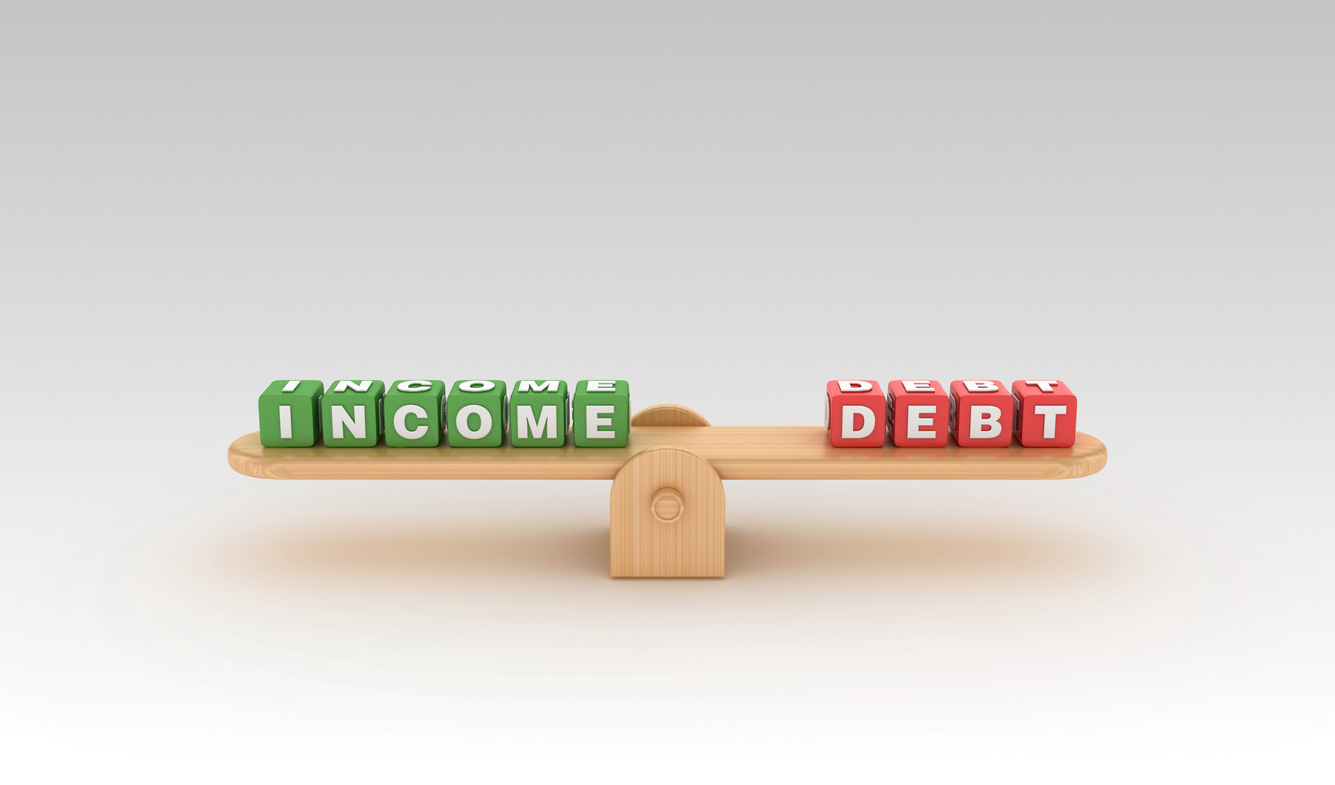
Key takeaways
-
Debt consolidation works best for people who would benefit by rolling multiple debts into one loan with a single payment and a lower interest rate.
-
Settling debt is a distinct process from debt consolidation, and involves negotiating with creditors to lower your principal balances due. It is usually best for someone who is having a very hard time in making minimum payments.
-
Whether either strategy will work for your situation depends on factors like your credit profile, monthly income and total indebtedness. Consider talking to a financial advisor or debt counselor to determine which option is best for you.
Managing a monthly budget can be difficult. When inflation hits, it can be even harder, as homeowners see the value of their hard-earned dollars decrease while the price of virtually everything increases.
A budget with little to no wiggle room can make meeting your debt obligations overwhelming. Two debt management strategies – debt consolidation and debt settlement – could help solve the issue of paying monthly bills. It’s possible to take control of your finances by gaining control over your debts.
What is the best way to manage debt?
Debt consolidation and debt settlement have different functions, pros and cons.
Debt settlement reduces the total amount of debt you owe, while consolidation reduces the number of creditors to whom you owe money. Consolidation is generally more plausible for people with a better credit score, while settlement usually benefits people in more dire circumstances.
It’s important that you understand how each works, and how they could affect your finances.
Debt consolidation
Many Americans have multiple debts. Managing multiple debt payments can become tricky.
Consolidating debts typically appeals to people with multiple credit cards. On average, the typical credit card carries an interest rate anywhere from 8% to 29%. As your outstanding balance on a given card increases, the monthly interest charge also increases proportionately.
These charges quickly add up and make reducing your overall balances difficult. That’s where debt consolidation becomes helpful. When you consolidate debt, you transform several debt accounts into one monthly payment.
There are many ways to get all your debts “under one umbrella,” with the most common debt consolidation tool being a debt consolidation loan (i.e., a personal loan). With a debt consolidation loan, you take out a new loan – with a lower interest rate than what your credit cards bear – and use the funds to pay off your credit card debt. Then you are left with just one payment (the debt consolidation loan).

Here’s how it works:
-
Research available products: Financial institutions like banks, credit unions and online lenders offer personal loans known as debt consolidation loans. The lender can provide funds directly to your creditors to pay off your outstanding debts, and you then repay the lender in monthly installments with interest.
-
Balance transfer credit cards allow you to transfer a total or partial credit card balance to a new card, typically with lower interest or a 0% introductory rate.
-
Other tools may be available to homeowners. A home equity agreement (HEA), for example, is not a loan. It provides cash in exchange for a percentage of your home’s future value. You could then use that cash to pay off your debts, and buy back your equity when you sell your home or during the term of your agreement (typically 10 years).
-
Review the requirements: Requirements for a debt consolidation loan usually include a credit score of at least 600, a certain debt-to-income ratio, and proof of income sufficient to meet monthly payments. Some loans are unsecured, while others are secured (i.e., require collateral).
-
Apply and pay off your debts: Choose the best tool, apply for and receive your funds, and pay off your debts.
Debt settlement
Debt settlement reduces the total debt you owe to one or more creditors. You essentially ask a creditor – like a credit card company – to accept less than what you owe.
You may be familiar with businesses advertising themselves as “debt relief” companies. While you can attempt to settle debt on your own, a debt relief, or debt settlement, company works on your behalf to lower your outstanding debts in exchange for a fee.
These companies usually ask you to save a designated amount toward your settlement on a monthly basis. When the company negotiates a settlement and you accept the settlement, you pay the creditor the agreed-upon amount from your saved settlement funds. While a debt relief company may be effective, navigating the process on your own is sometimes possible.
You might consider debt settlement:
-
To avoid bankruptcy
-
If you’re having a hard time making even minimum payments on your credit card accounts
-
If you have endured a significant financial hardship, like losing a job, going through a divorce or major unexpected medical expenses
Credit card companies are not required to negotiate debts. They may be more likely to consider an offer if you owe a significant debt or are far behind on payments.
If you want to try and settle your debts on your own with your creditors, try these steps:
-
Contact your creditor, and make an offer. They may accept or reject your offer, or make a counteroffer. A best practice is to send all communications in writing.
-
Negotiate terms. Some creditors will accept only a lump sum, while others may accept an installment plan that may or may not include a down payment. You’ll usually have to provide some amount of cash up front.
-
Commit to a payment schedule. If you come to an agreement with a creditor, you’ll need to complete the agreed-upon payment(s). Once you’ve done that, you’ll have repaid the debt. Make sure that your payments and the repayment are reported to the three main credit reporting agencies.
What are the effects of debt consolidation and debt settlement?
Once you’ve consolidated or settled your debts, you’ll likely find relief now that your debt is under control.
Consolidating debt through a debt consolidation loan usually lowers monthly payments by reducing your interest rate. So while the total amount of debt remains unchanged, it’s easier to make larger monthly payments toward it because more of the money goes toward the principal.

On the other hand, debt settlement may benefit people who have fallen behind on their debt payments and/or be having a very hard time with minimum payments. Debt settlement may also prevent the lingering effects of bankruptcy.
Consolidate debt with Unlock Technologies
Getting in control of your debt benefits your overall financial health. One way homeowners might tackle debt is through a home equity agreement (HEA). With an Unlock Technologies HEA, you receive a lump sum in exchange for a percentage of your home’s future value – with no monthly payments required.
Contact us today to get started.
The blog articles published by Unlock Technologies are available for general informational purposes only. They are not legal or financial advice, and should not be used as a substitute for legal or financial advice from a licensed attorney, tax, or financial professional. Unlock does not endorse and is not responsible for any content, links, privacy policy, or security policy of any linked third-party websites.”


